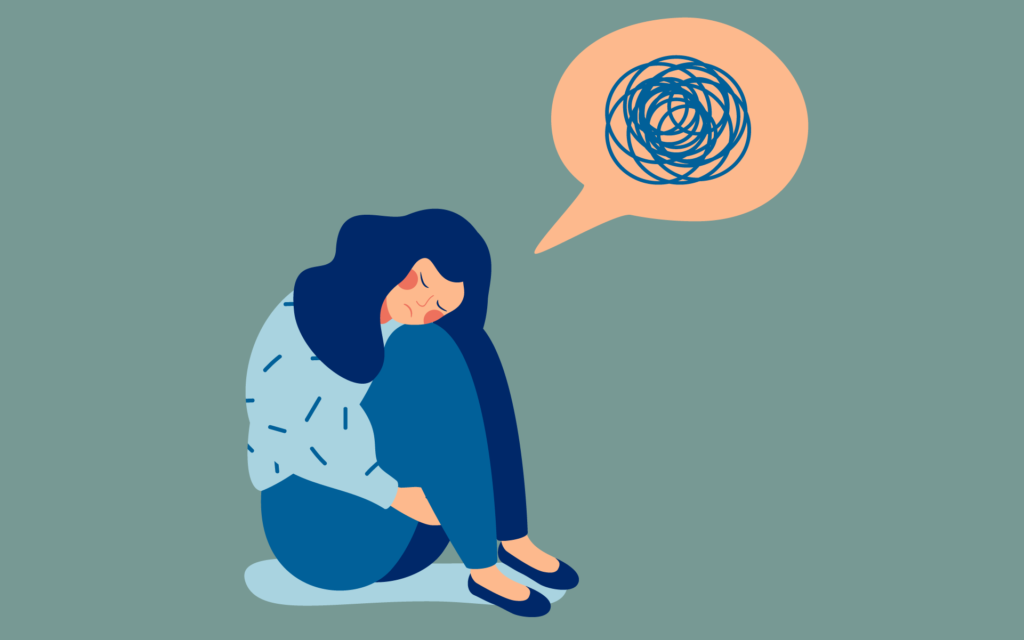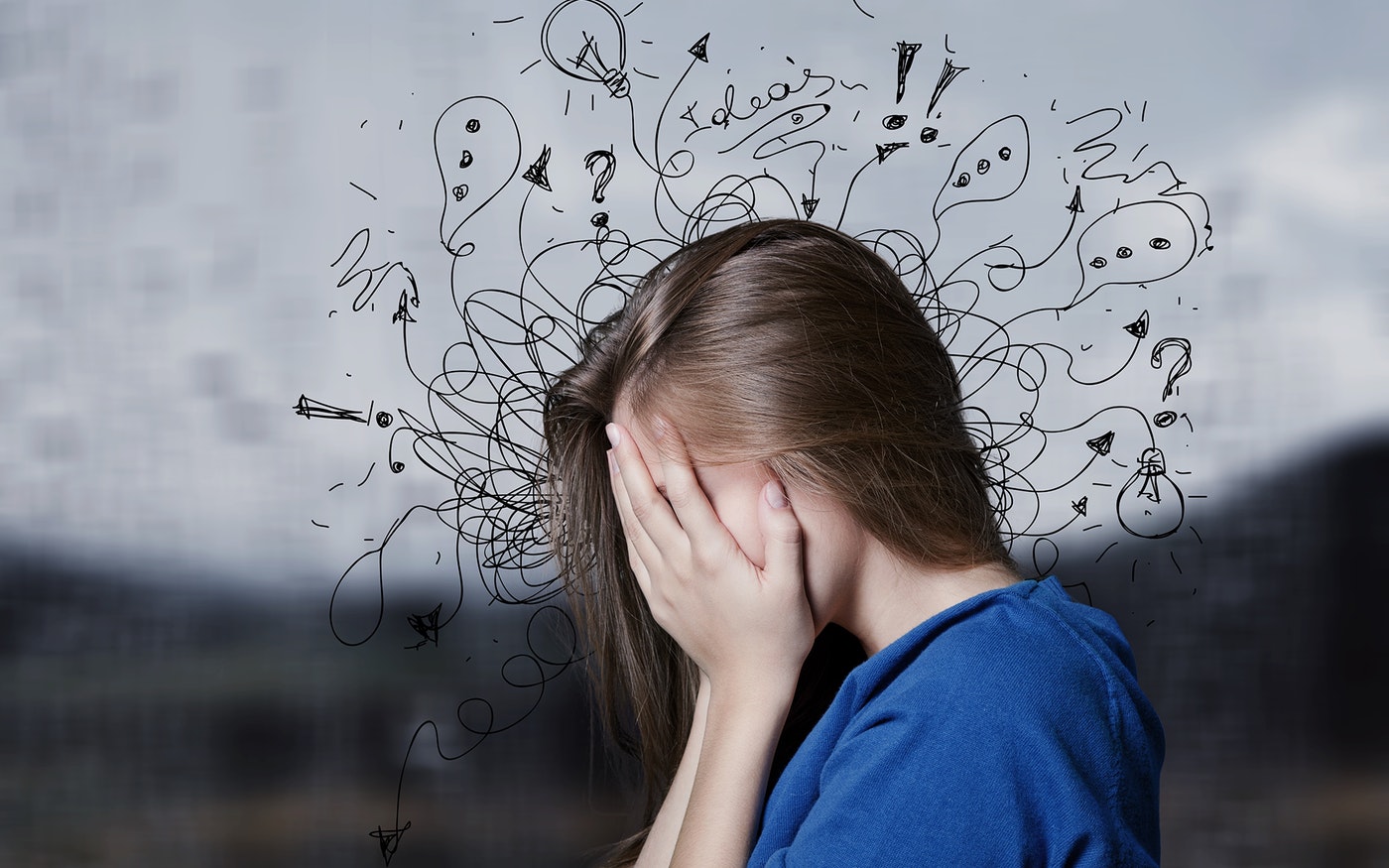Being anxious all the time has some great impacts on your body. It can lower your energy and have certain unwanted effects on your brain. Feeling anxious is a common reaction especially when faced with certain situations but experiencing it too much may actually be harmful for you.
Anxiety

Anxiety is one of our common emotion. It is the brain’s way of reacting to the stressors and alerts your body of any harm or danger ahead of you. Everyone will feel anxious every now and then – at work, home or school. Being anxious from time to time is okay but when you noticed that it becomes more common than usual then you have to rethink again. Excessive anxiety in the presence of stressors may cause a person to feel overwhelmed. If the anxiety you have makes you unable to do daily tasks that you usually do, then you may consider consulting a doctor or a psychiatrist.
There are many kinds of Anxiety Disorder. Here a few of the most common ones and their associated signs and symptoms:
Generalized Anxiety Disorder
People who have generalized anxiety disorders have been showing excessively anxious for at least 6 months. Common stressors for such are work, relationship problems, health, and any unexpected life circumstances. In some patients, even if there’s no trigger they tend to feel anxious too.
General Anxiety Disorder symptoms includes:
- Feelings of restlessness
- Easily fatigued even by simple tasks
- Have difficulty concentrating on tasks
- Being irritable more than usual
- Noticeable muscle tension when having an anxiety attack
- Unable to control feelings of worry and fear
- Sleeping problems such as difficulty falling or staying asleep and having an unsatisfying sleep.
Panic Disorder
Panic disorder is often seen on televisions shows and series. In panic disorder, a person suddenly feels an intense feat that causes one to perspire a lot, have palpitations and chest pain. Some patients even think that they are having a heart attack or choking during panic attacks. The episodes of the panic attack peaks within minutes and is triggered by a fear on an object or a situation. People who have panic disorder often worries about their next attack. Knowing the trigger of such episodes is helpful in preventing future attacks.
Here’s what some people experience during a panic attack:
- Increase in heart rate and pounding heartbeat
- Sweating too much
- Trembling or shaking of the body
- Shortness of breath or feels like you are choking on something
- Feelings of impending doom
- Feelings of being out of control
Phobia-related Disorders
People often use the “Phobia” to refer to a specific object or situation that a person fear. It is almost the same on how psychiatry defined it – an intense fear of specific objects or situations. The most common of which are the fear of heights or flying. It is normal to feel fear when exposed to a certain situation but people with phobias feel fear that is out of proportion than the actual danger posed by the situation or the object. People with phobia experiences:
- Excessive worry or irrational fear of an object or situation
- Tries their best to avoid the feared object or situations
- When exposed to the trigger, they feel an immediate intense level of anxiety
- Some may be able to endure the unavoidable situation or object but with an intense anxiety.
Mindfulness And Anxiety
Is mindfulness able to help someone who is anxious? According to recent researches, mindfulness is able to reduce the level of anxiety of a person. Mindfulness works by teaching our brain to focus our attention on the present moment while removing the unwanted thoughts in our brain such as worrying and ruminating about the past.
Being anxious means that you are thinking too much in your brain and your body is reacting to that stress. Mindfulness teaches us and our body on how to respond to this stress simply just by being in a state of awareness where one will only focus on meditating. Mindfulness is just one of the adaptive reactions that a person can try to do especially during difficult situations.
Mindfulness Tricks to Reduce Anxiety

There are different mindfulness practices that you can try to reduce the anxiousness that you are feeling. Try it out and let us know if it works for you, too.
Set an intention – know the reason on why you are practicing mindfulness. Setting an intention every morning before important activities will help you focus and remind you on why you are doing it every day. If a certain event is making you feel anxious – like a major speech at school – set an intention for it so that you’ll be even more motivated to finish and do your speech.
Try guided meditation – some people just have a hard time meditating without a guide. If you are one of them, you can try looking for online programs or phone apps that shares free guided meditation.
Mindful coloring – this is commonly done by children, but it works as good for adults too! Set aside a couple of minutes on your day and let your creativity flow. You may opt to buy or print some nice pictures that you can color.
Take a walk – taking a walk works wonders. Being outside and having your alone time and just focusing on your senses and the environment is not only comforting for your body but for your mind too.
